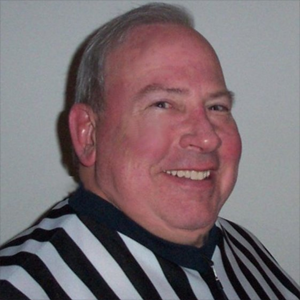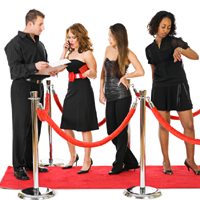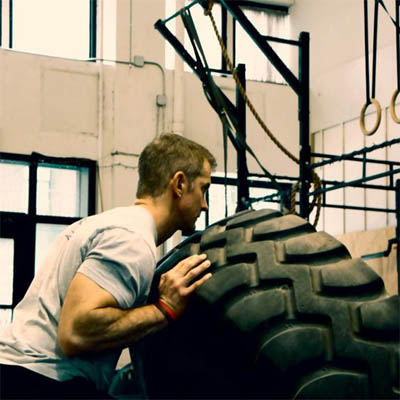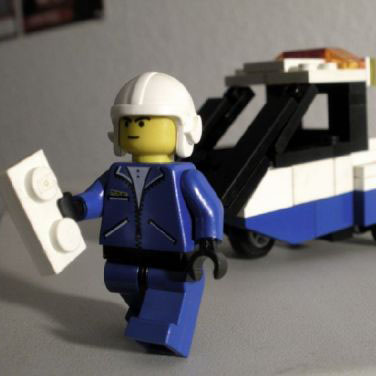
Rndballref
20 Years Experience
Chicago, IL
Male, 60
For twenty years I officiated high school, AAU and park district basketball games, retiring recently. For a few officiating is the focus of their occupation, while for most working as an umpire or basketball referee is an avocation. I started ref'ing to earn beer money during college, but it became a great way to stay connected to the best sports game in the universe. As a spinoff, I wrote a sports-thriller novel loosely based on my referee experiences titled, Advantage Disadvantage
Not sure what situation you are asking about. If this does not answer your question please rephrase it. So, if the free throw shooter has the ball and the defense commits a violation in a one-and-one, the referee should hold one arm parrallel to the floor to indicate a delayed call. If the free throw goes in then the violation is ignored. If the free throw is missed, then the one-and-one is restarted from the beginning. If the ball was not at the disposal of the free throw shooter and a violation occurs, it should be ignored and the process reset.
There is no provision in the mechanics or rule books for NFHS. In fact, although one official is designated as the "referee" and the other two are "umpire 1" and "umpire 2", the referee is not enpowered to overrule the others. Here's how I handled this: In the pre-game I asked my partners to agree to this. If they think I got the call wrong, approach me and tell me what you saw, and I will decide whether to overrule myself based on your input. That way, we could undue a really bad missed call, but if I passed on a call for my own reasons (advantage disadvantage for example) I could ignore my partner's input. Also, if I changed my call I could better explain to a coach why it was reversed. Most of the people I worked with agreed to use this system.
The referee (as opposed to the other officials) has the responsibility to decide matters upon which the timer and scorekeeper disagree. Furthermore, "the referee shall make decisions on any points not specifically covered in the rulebook."
There is no explicit provision in the rule book to address the situation you describe. So, the referee has to decide what would be consistent with the intent of the rulebook.
No, the points should not be cancelled because the free throw ended "when it is certain the try was unsuccessful". The points were scored after the free throw ended, but before the error was recognized. When you are able to correct an error, "points scored, consumed time and additional activity, which shall occur prior to the recognition of an error shall not be nullified.
Nightclub Promoter
 Is bottle service worth the money, or is it a total scam?
Is bottle service worth the money, or is it a total scam?
CrossFit Coach
 Why is Crossfit so popular with women?
Why is Crossfit so popular with women?
Meter Maid
 Is it tough to have a job that consists exclusively of ruining peoples' days?
Is it tough to have a job that consists exclusively of ruining peoples' days?
Actually, a dribble ends when you put two hands on the ball. But even if you have not dribbled already, putting two hands on the ball on the floor is normally called double dribble.
Yes you can in NFHS rules as long as the shot was a legitimate try. If the referee deemed it not to be a legitimate shot it should be called traveling.
It is not a rule, but rather it is a mechanic perscribed in the NFHS Handbook. It used to be that the trailing referee would hand the ball to the free throw shooter for the first attempt and the lead (on the endline) would administer the rest of the free throws. Maybe ten years ago, it was changed so that the proper mechanic is for the lead official administer all free throws from the baseline. Most referees cannot advance if they do not follow the perscribed mechanics. Most importantly, mechanics set a consistent way of working a game, so that you can easily work with people you have never been assigned with, and secondly, following perscribed mechanics sets a professional expectation for coaches and assignment chairpersons to evaluate (in addition to judgement, hustle, and rules knowledge).
-OR-
 Login with Facebook
Login with Facebook (max 20 characters - letters, numbers, and underscores only. Note that your username is private, and you have the option to choose an alias when asking questions or hosting a Q&A.)
(A valid e-mail address is required. Your e-mail will not be shared with anyone.)
(min 5 characters)
By checking this box, you acknowledge that you have read and agree to Jobstr.com’s Terms and Privacy Policy.
-OR-
 Register with Facebook
Register with Facebook(Don't worry: you'll be able to choose an alias when asking questions or hosting a Q&A.)